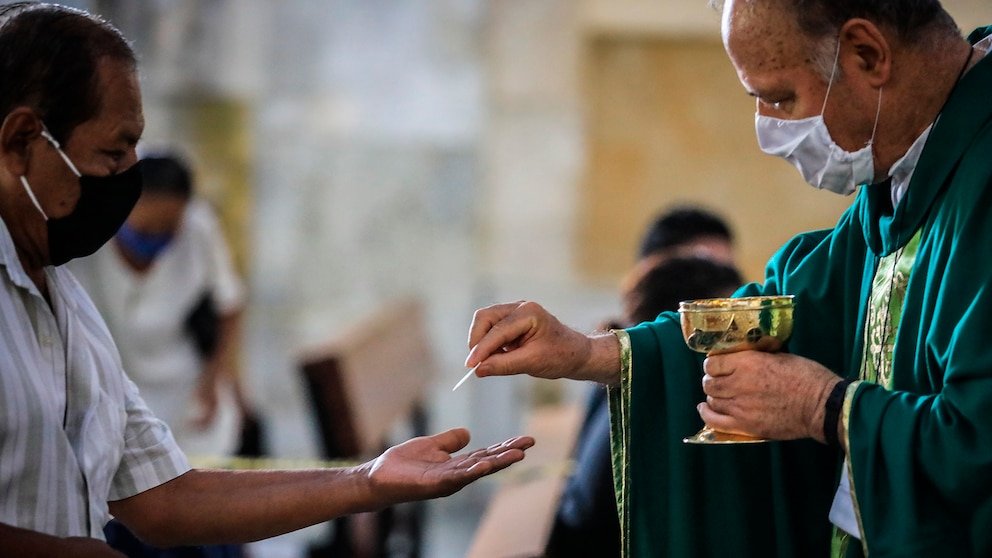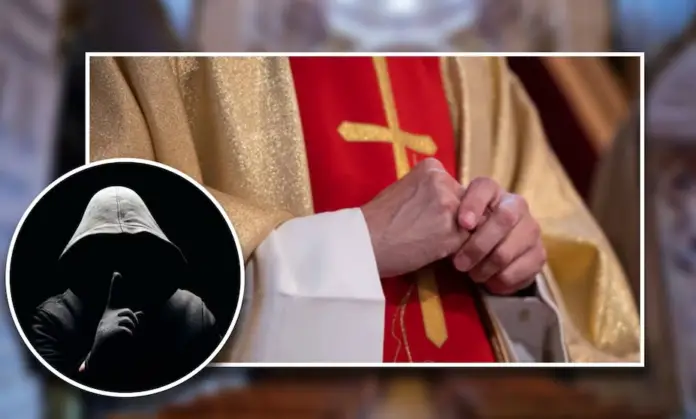The assassination of Chilpancingo Mayor Alejandro Arcos Catalán on October 6, 2024, marked a turning point in the Catholic Church’s mediation strategies in Guerrero.
According to Father José Filiberto Velázquez Florencio, Quadratin Guerrero, this incident generated mistrust and led to the suspension of direct dialogue between church representatives and organized crime leaders, a measure adopted to protect the safety and integrity of members of the clergy.
According to Velázquez Florencio, who also directs the Minerva Bello Human Rights Center, the last meeting between the Church and criminal leaders took place early last year in the central region of Guerrero.
At that time, during the celebration of Ash Wednesday, the bishops publicly announced that a truce had been reached that would benefit several municipalities, including Chilpancingo, which was facing an intense conflict between criminal groups.
However, following the assassination of the PRD mayor, the Church decided to limit its intervention to public appeals and pronouncements, setting aside direct conversations with organized crime actors.
Before Holy Week this year, Bishop José de Jesús González Hernández reiterated the Church’s commitment to its pastoral work to foster dialogue as a means to achieve lasting peace in the region.
These initiatives, although well-intentioned, have been hampered by the fragility of the agreements reached, which often break down due to territorial disputes and a lack of institutional support.
The Catholic Church has played a crucial role in seeking peace in Guerrero, a state deeply affected by the violence of organized crime.
According to Velázquez Florencio, mediation efforts have sometimes succeeded in temporarily reducing the levels of violence in areas such as Tierra Caliente and the Sierra. However, these advances have been limited and short-lived, reflecting the complexity of the context in which both criminal groups and authorities operate.
In this regard, President Claudia Sheinbaum has expressed her support for the Church’s initiatives, as long as they do not imply granting impunity to those responsible for criminal acts.
Sheinbaum has emphasized that the primary responsibility for ensuring peace rests with the Mexican State, through institutions such as the National Guard and the Armed Forces. This approach seeks to reinforce the idea that peacemaking must be led by government authorities, while recognizing the value of the Church’s efforts in rebuilding the social fabric.
Despite the risks and criticism, the Church continues to work in its mission of mediation and promoting peace in Guerrero.

Source: infobae




